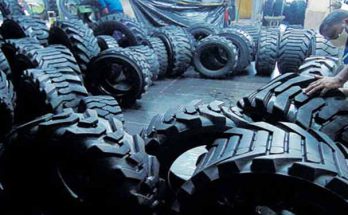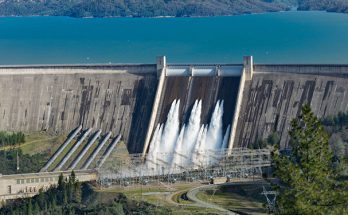 The Egyptian government plans to install new solar power plants across the country with a cumulative capacity of 500 MW. They will be built by the China Gezhouba Group. With this, Egypt is moving closer to its overall goal of increasing the percentage of renewable energy in the country’s energy mix to 42% by 2035.
The Egyptian government plans to install new solar power plants across the country with a cumulative capacity of 500 MW. They will be built by the China Gezhouba Group. With this, Egypt is moving closer to its overall goal of increasing the percentage of renewable energy in the country’s energy mix to 42% by 2035.
A new contract has recently been initialled and signed between the Egyptian government and China Gezhouba Group Company. As part of this collaboration, the Chinese company will build several wind power plants in Egypt, with a total capacity of 500 MW. The deal was made public on January 3, 2020 by the holding company, China energy engeneering coorporation. It will run for a period of three years for an amount of 261.3 million euros. The contract covers the design, construction, equipment procurement, installation, commissioning and maintenance of all the solar power plants that will be built as part of the deal.
China Gezhouba group company Limited is a subsidiary of the China Energy Engineering Corporation. In 2018, this company had already collaborated with Egypt on a unit within the more global framework of the construction of the Benban solar park. The latter is installed over an area of 36 km² and includes 32 solar power plants with a cumulative production capacity of 3.8 TWh/year. When completed, it will be one of the largest solar parks in the world.
Egypt is on the list of (minority) African countries that have already achieved 100% access to electricity. The country has a renewable energy capacity of 5.5 GW, with a large share of hydropower (2.8 GW) and the rest (2.7) divided between solar and wind power.
Yet the ambitions are far from being the most modest. The government wants to install 61 GW of green power plants by 2035. For some years now, Egypt has been engaged in a programme to further improve access to electricity throughout the country, called 2035 Sustainable energy strategy. Through this programme, the North African country hopes to increase the share of renewable energy in the country’s energy mix to 42 per cent by 2035.


